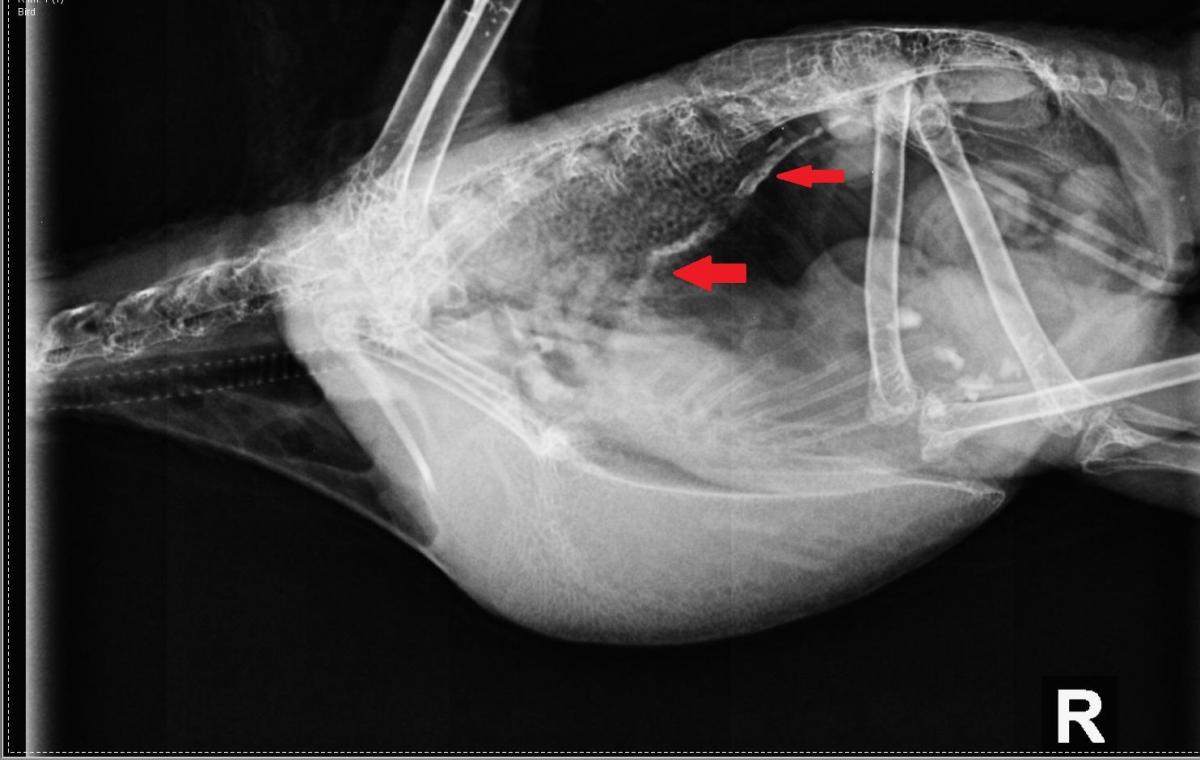Atherosclerosis in Birds
 What is it and what causes it?
What is it and what causes it?
Atherosclerosis is the accumulation of plaques (fats, cholesterol, and inflammatory cells) within the arteries. The buildup of these plaques can limit the amount of blood flow throughout the body. Unfortunately, the cause of atherosclerosis is still poorly understood. Suggested risk factors include fatty diet (seed based), increased cholesterol, inactivity, infectious/inflammatory conditions and stress.



